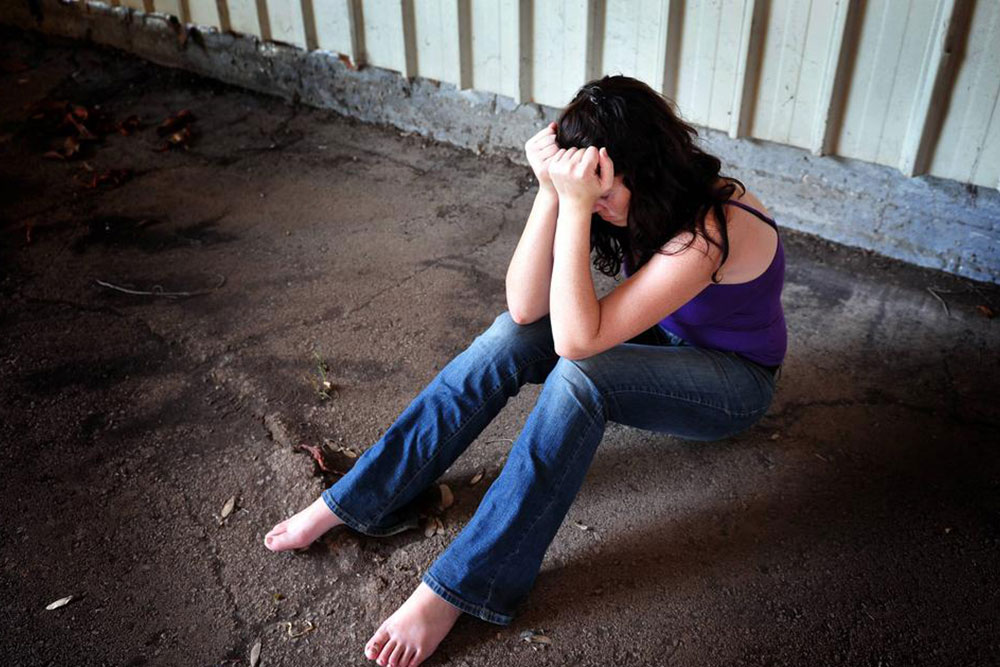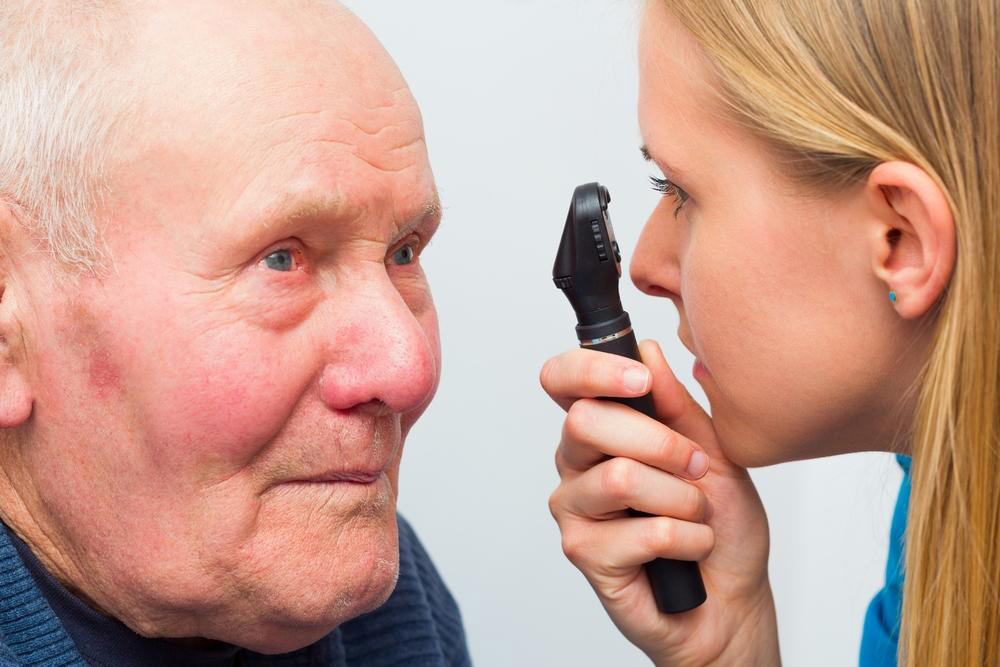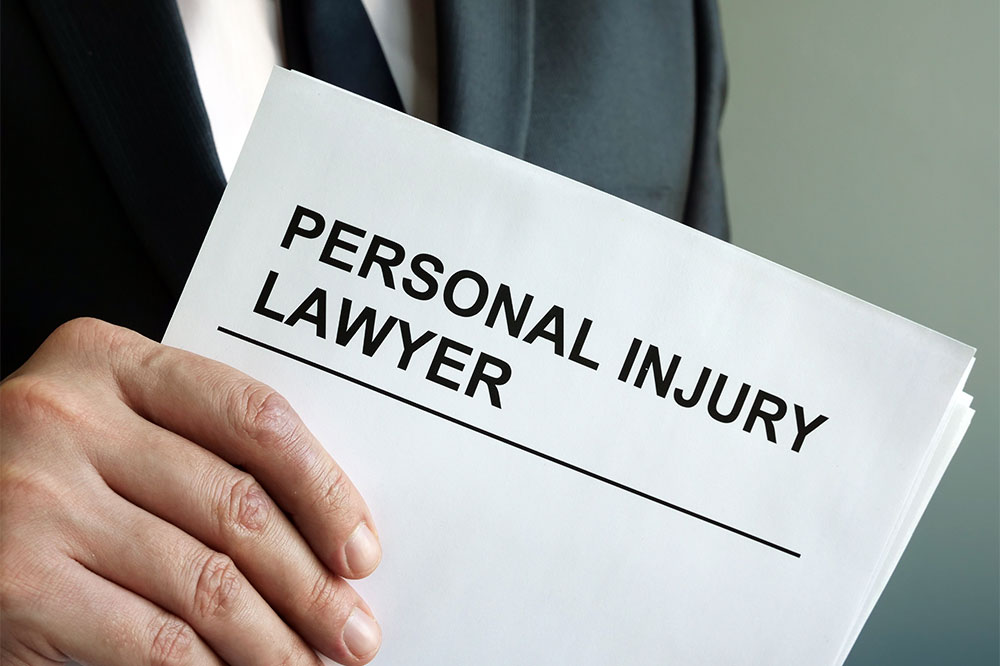How to recover after facing a traumatic event
Trauma is a profoundly distressing event for an individual, as it comprises life-altering situations like serious accidents, the discovery of a terminal disease, loss of a loved one, violent attacks, abduction, natural or human-made disasters, etc. Following traumatic events, an individual can react in several different ways. Feelings of fear, anger, guilt, melancholia, loneliness, etc. are quite common. They can often be accompanied by physical symptoms such as fatigue, insomnia, nausea, trembling, headaches, loss of appetite, etc.

Naturally, the healing process after a traumatic event takes a lot of patience and time. Therefore, you should seek professional help to cope with the challenges. Apart from medical intervention, these are some tips which can benefit you or your loved one to bounce back from their ordeals.
- Acceptance Start by acknowledging the incident and give yourself the time to grieve. Often bottling up feelings can make things worse and stop you from moving ahead. So instead of wondering why and how it happened, focus on the fact that it did and then figure out how you want to manage it.
- Seek support Recovering from trauma alone can be extremely confusing, so communicate with your family and friends. This will unburden your mind and help you gain support and perspective to get back on track.
- Take charge Being traumatized can take away your sense of direction in life. For a considerable time, you may not be able to concentrate on your responsibilities involving family, work and social life. This is ordinary, but remember to regain your control slowly. Get back to smaller routine things as they will allow you to normalize your life.
- Support groups You can get in touch with people who have faced a similar situation. This can be particularly useful as the other person can resonate very well with your feelings and struggles. It will also teach you to rebuild trust if you have been isolating yourself from personal connections.
- Avoid alcohol and drugs The biggest mistake you can make is indulging in addictions like drinking or drugs. It can blind your perspective and make matters worse in the long run.
- Refrain from making any significant changes After facing trauma, you might want to take a major decision impulsively like moving away from the city, dropping school or quitting a job. Therefore, it is best to leave things the way they are for a while. When you have recovered, you can then gauge choices practically, and figure out what you want to do.




